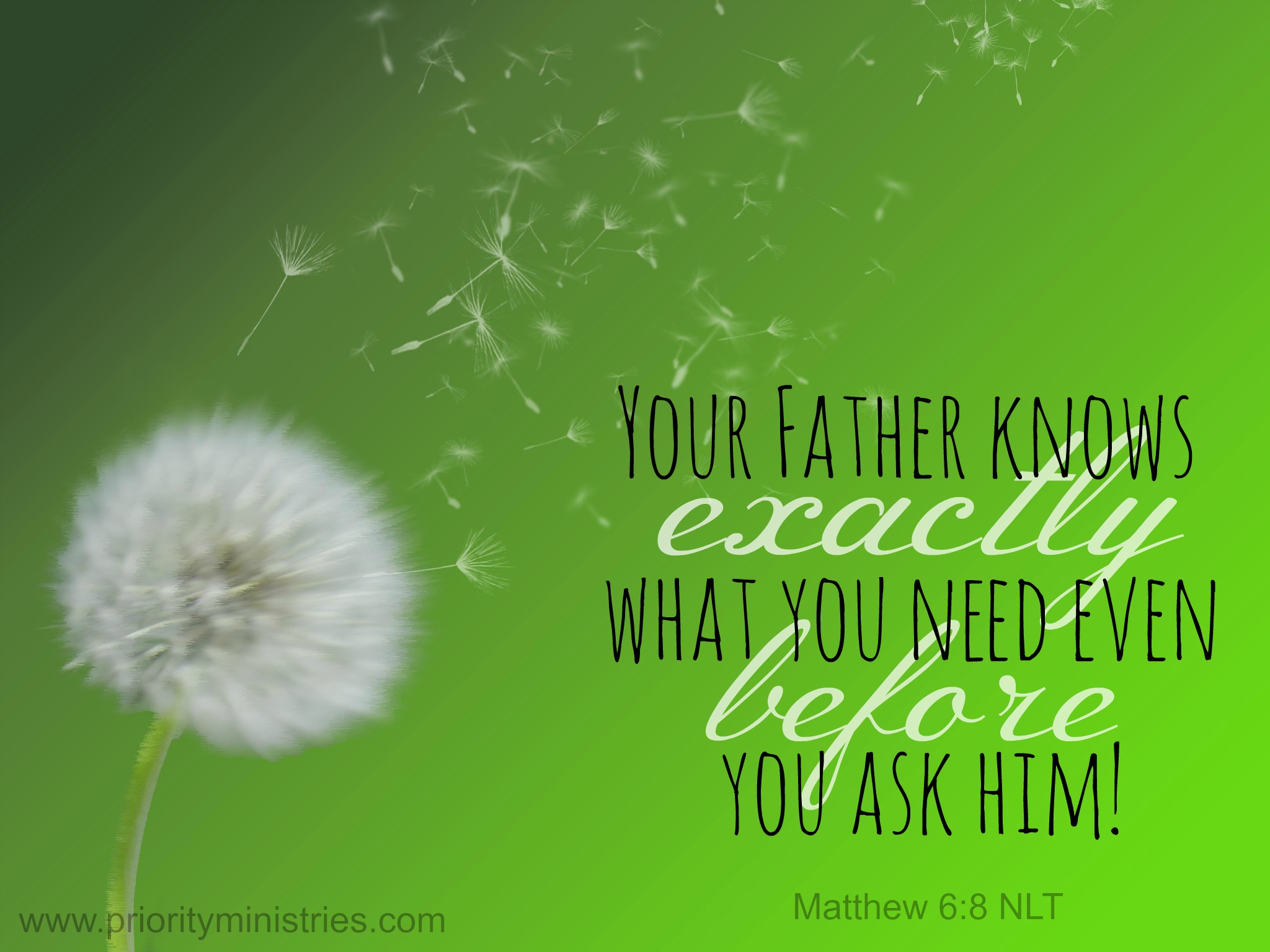Throughout the Advent season we light one candle each week and then the center candle on Christmas Eve. We have given them each names Hope, Peace, Joy, and Love for four outer candles and the center candle is the Christ candle as we light it on Christmas Eve when we celebrate the birth of Jesus. For me these themes or names represent some of the different qualities of God that Jesus brings into our lives.
 |
This Sunday, the Second Sunday of Advent, we light the Candle of Peace. When we think about peace what comes to mind? First there is the absence of war, conflict and violence, and also freedom from fear of violence or conflict between groups or individuals. Many would agree that peace is lacking in our world right now, as we regularly hear about conflict between different nations, ethnic groups, ideologies, political persuasions, and so many other ways in which we are divided against each another. For true peace in this sense to exist we have to be willing to seek reconciliation with those who are different from us. As I have written about before, reconciliation requires that we truly listen to and respect one another’s experiences, and are willing to have that change our own perspective and worldview, which in turn changes how we see, treat and respond to each other. This has been at the forefront of 2020, as events like the death of people of colour have sparked increased attention to movements like Black Lives Matter, protests, and even rioting. Many of us have had to examine our own perspectives of the world, and our privilege which comes at the cost of others. As we light the Candle of Peace this year, we pray for God’s eyes to see one another as God sees us, and to give us the courage to continue the challenging work of stiving for peace and justice for all people, respecting the dignity of every human being, as we promise in our baptism.
Another aspect of peace, is inner peace. Some would describe it as tranquility or as the absence of turmoil and angst, that most of us have experienced at some times in our lives. This is the kind of peace that I most commonly associate with Jesus. As someone who has dealt with anxiety and anxiety issues most of my life, the sense of calm and grounding that I experience from God is essential to everyday life. I am reminded that at one of the most anxious moments of the disciples’ lives, following Jesus’ crucifixion, that in his first appearance to them after his resurrection, Jesus comes to them in upper room and his first words are “peace be with you,” (John 20:19-21). Jesus knows our human tendency to be anxious, to be disquieted within and offers his peace instead.
Another example from the gospels, is when the disciples are out on the Sea of Galilee alone when a storm arises. Jesus comes to them, seeing they are terrified, offers them reassurance, gets into the boat with them, and then the wind ceases. Jesus does not stop the storm first, but enters into it with them. This is the way that Jesus brings us peace in the midst of the storms of life, he gets into them with us. Two practical ways I have found of inviting Jesus into moments of anxiety are, first, slowly breathing in as though I was breathing in the Spirit of God and inviting God to invade every cell of my being, and on the out breath, releasing the anxious energy and fear that is holding me captive, often inhibiting my ability to think clearly. Second, I have found the first verse of Psalm 23 is a helpful mantra, “The Lord is my Shepherd, I shall not be in want,” and repeating that phrase over and over. Both of these practices invite Jesus into the inner chaos of my anxiety, bringing me greater peace. One of the images or symbols of faith that is particularly meaningful to me is of an anchor (from Hebrews 6:19) that holds me secure when I ground my life in Jesus and his promise of peace.
With everything that has happened over the last nine months, we need Jesus’ peace within our lives and our spirit. The anxiety of the pandemic, from concerns for our own health and the health of loved ones and our nervousness about unintentionally infecting those who are most vulnerable, to the uncertainty about when it will be safe to physically be with family and friends again, to hug them, and spend time together, or fearful in some cases that we will never have that opportunity again. As well, many have felt and are feeling the financial stresses of the pandemic, whether that is the loss of jobs, or concerns over our future financial stability or the overall economy. There has also been anxiety of the recent American election and protracted fallout. All of this on top of the anxieties of life in a “normal year.” We need the peace of Jesus within ourselves especially this year. So, as we light the Candle of Peace this week, we also invite Jesus into the chaos and turmoil that we are experiencing. We invite Jesus to get into the boat with us, to be with us in the storm. May the peace of Christ that passes all understanding be with you, and help you navigate the storms and chaos that you experience.












